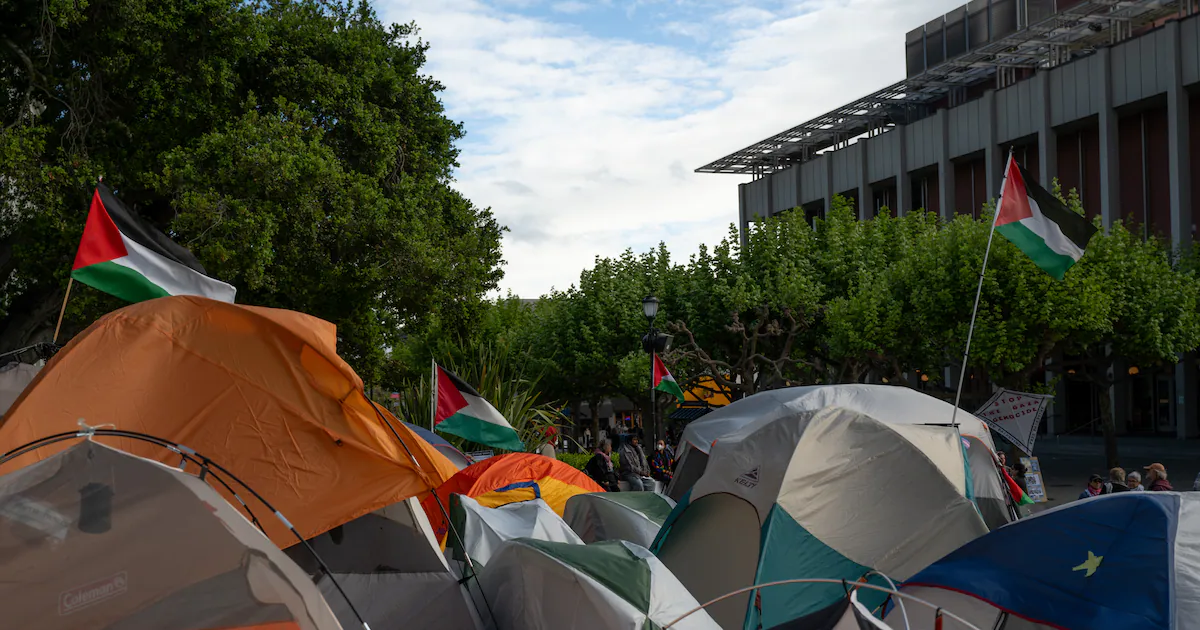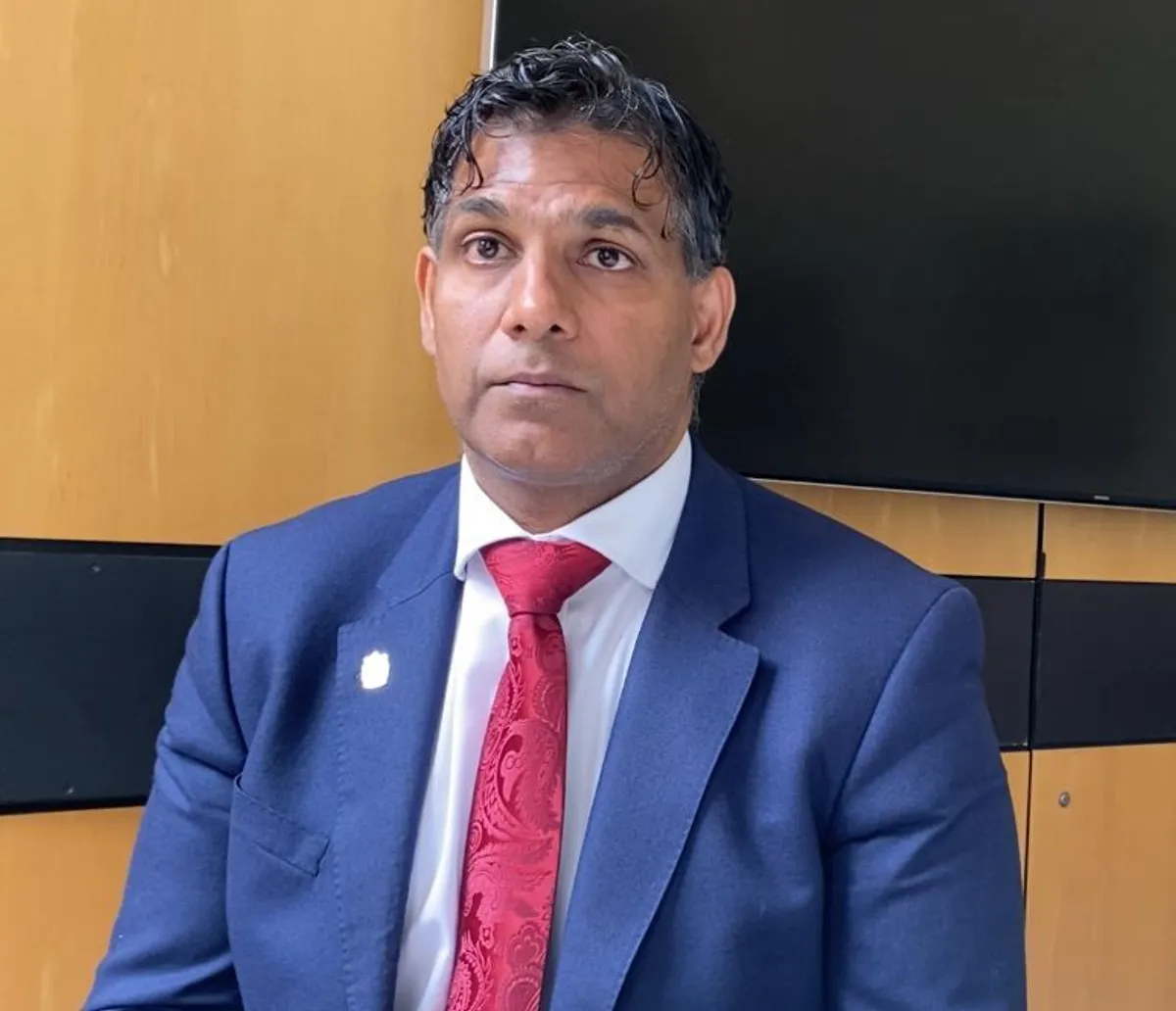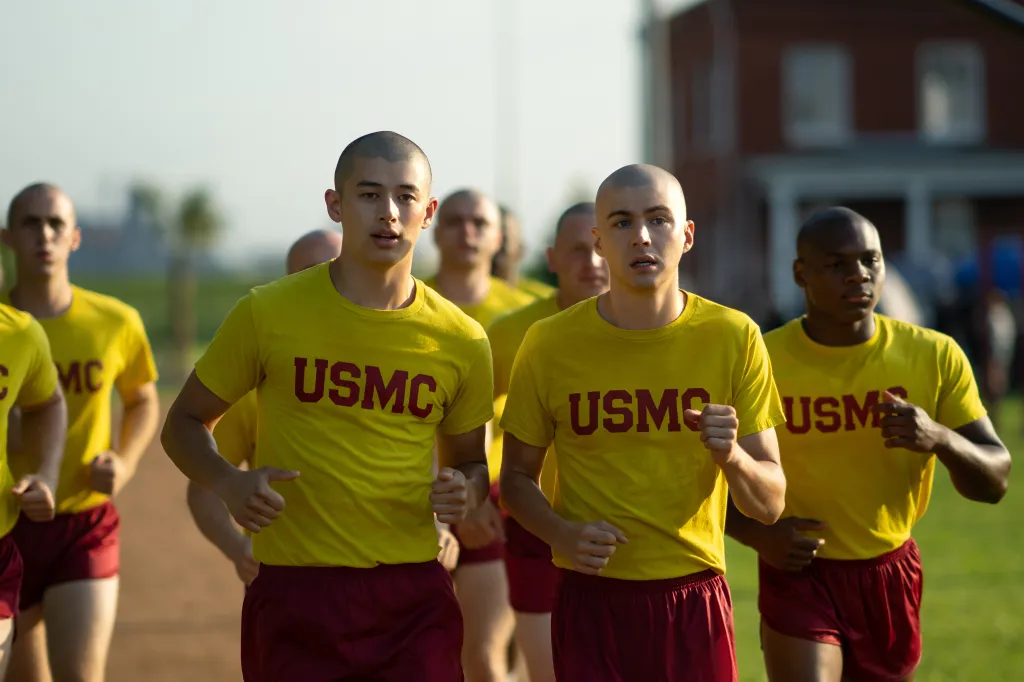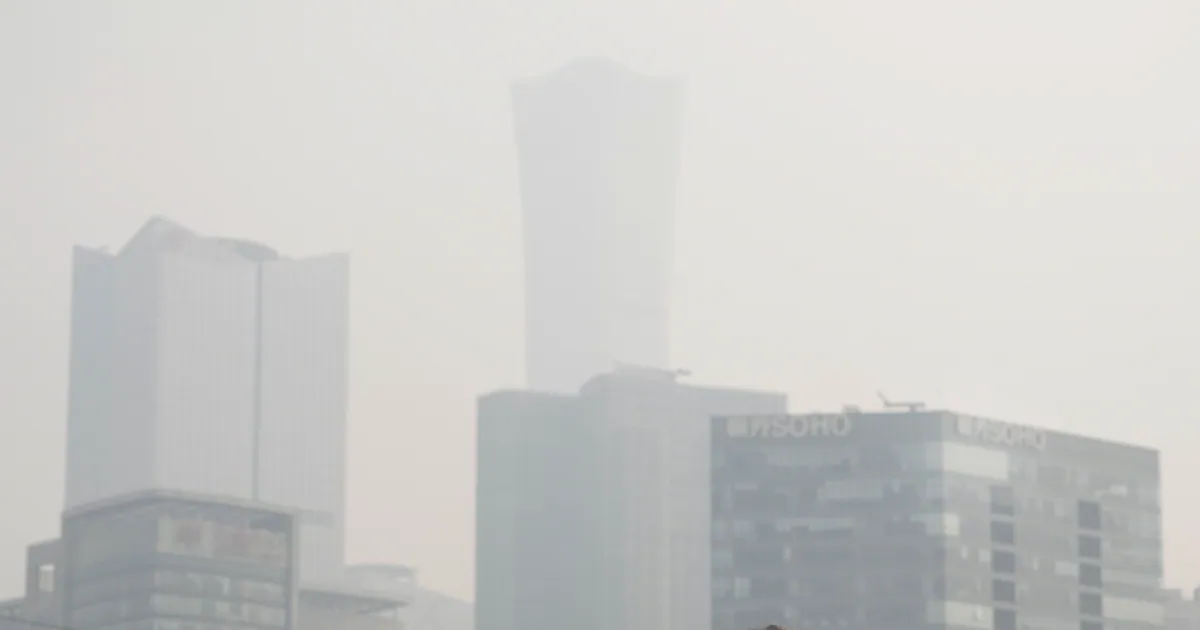
When Rumeysa Ozturk was grabbed by masked federal agents outside her Massachusetts home in March, the video of the Turkish graduate student being handcuffed and hustled into an unmarked vehicle spread around the world.
A federal trial that ended Tuesday revealed for the first time the story behind the images, showing how the government assigned a special team to target Ozturk and other pro-Palestinian activists, laying the groundwork for their highly unusual arrests.
Ozturk had committed no crime, yet her detention was a priority for the new Trump administration.
U.S. officials used the immigration system in unprecedented ways to covertly research and detain noncitizen students, relying on an investigative arm of the Department of Homeland Security whose work traditionally has focused on crimes such as drug smuggling and human trafficking.
On Tuesday, U.S. District Judge William Young in Boston ruled that the push to target Ozturk and other students was blatantly unconstitutional. The White House vowed to appeal the decision.
The bench trial – decided by a judge rather than a jury – generated thousands of pages of depositions, court transcripts and filings that provided a detailed picture of the machinery that led to the arrests.
Among the findings: White House Deputy Chief of Staff Stephen Miller, a top ally of President Donald Trump and architect of his mass deportation campaign, spoke with senior officials at the State Department and DHS more than a dozen times in March to discuss student visa revocations.
Homeland Security Investigations, an arm of U.S. Immigration and Customs Enforcement that investigates transnational crime, took the lead. HSI researched the protesters and referred dozens of cases to the State Department, sometimes citing an obscure statute for revoking visas. Then it carried out the arrests.
HSI analysts compiled more than 100 reports on protesters, a first, according to the official who oversaw the process. In at least two cases, including Ozturk’s, the HSI supervisory agents involved in the arrests sought additional legal guidance because they had never detained students whose immigration status had changed.
The effort to deport pro-Palestinian student activists represented the Trump administration’s first major challenge to free-speech norms in the United States, said Sen. Chris Van Hollen (D-Maryland), who has been one of the most outspoken critics of the detentions in Congress.
“This has been a wave that’s been building, and it really started with these students,” Van Hollen said in an interview. “Locking them up for speech was an early warning sign.”
Liz Huston, a White House spokeswoman, said in a statement Tuesday that Trump is “a staunch supporter and defender of First Amendment rights, but violent riots and student harassment are not protected speech.”
While Trump administration officials have repeatedly accused the students of being “terrorist sympathizers” and “Hamas supporters,” no evidence of any connection to violence or terrorism was presented at trial.
HSI arrested Ozturk because she co-wrote an op-ed with three other people in the Tufts University student newspaper more than a year earlier. The piece criticized the university’s unwillingness to divest from companies with ties to Israel.
While the Trump administration publicly accused Ozturk of engaging in activities “in support of Hamas,” an internal State Department memo noted that there was no evidence that Ozturk had engaged in any antisemitic activity or indicated any support for terrorism.
Ozturk was one of at least nine people the Trump administration sought to detain and deport in connection with their pro-Palestinian activism, nearly all of them students. She was held in an ICE detention center in Louisiana for about six weeks before a federal judge ordered her release on bail in May. The government is still trying to remove her from the country.
State Department spokesperson Tommy Pigott said the United States is “under no obligation to allow foreign aliens to come to our country, commit acts of anti-American, pro-terrorist, and antisemitic hate, or incite violence. We will continue to revoke the visas of those who put the safety of our citizens at risk.” DHS did not respond to a request for comment.
The reports
Earlier this year, Peter Hatch’s bosses came to him with an urgent new assignment. Hatch heads the intelligence unit at Homeland Security Investigations, overseeing hundreds of analysts who support DHS investigations into crimes such as drug smuggling, money laundering and terrorism.
Hatch testified in the federal trial that senior leadership at HSI directed him to develop reports on student protesters, looking for potential criminal activity and violations of immigration law and paying special attention to anything that could be considered “pro-Hamas.”
About 10 HSI analysts were diverted to a so-called “tiger team” devoted to the effort, including from units that normally focus on counterterrorism, counterintelligence and cybersecurity, Hatch said (tiger team is a common term referring to the speed and intensity of the project, he said, and was not intended to intimidate or be made public).
Before this year, Hatch had never been asked to prepare reports on protesters, he testified.
For this unusual assignment, one source above all was key: The team relied heavily on the website of Canary Mission, an opaque, anonymous pro-Israel group that says it documents individuals who “promote hatred of the USA, Israel and Jews,” focusing primarily on college campuses.
The website included profiles of people who allegedly participated in a wide range of protest activity against Israel, from organizing encampments to signing letters to writing op-eds, as in Ozturk’s case. The website contained more than 5,000 names, Hatch said.
Canary Mission did not respond to a request for comment.
The HSI tiger team ultimately generated between 100 to 200 reports on protesters, Hatch said, with many of the names coming from Canary Mission. Some came from Betar US, a militant Zionist organization that the Anti-Defamation League considers an extremist group. Several names also came directly from DHS leadership, Hatch said, as well as the office of White House border czar Tom Homan.
The White House showed keen interest in the process. John Armstrong, the senior consular official at the State Department, testified that he spoke with Miller more than a dozen times on conference calls that discussed student visa revocations.
The memo
In February, Ozturk called up a dear friend, full of fear and worry. Ozturk’s name had just appeared on the Canary Mission website. The profile pointed to the March 2024 op-ed she co-wrote and listed classes she was scheduled to teach on children and the media at Tufts.
In March, unbeknownst to Ozturk, an HSI analyst generated a report on her. It included the op-ed she co-wrote and the full Canary Mission profile, Hatch testified.
The report also included a November article about the Tufts chapter of Students for Justice in Palestine – a separate student group that had supported the positions of the op-ed – noting it had been suspended for calling for ‘student intifada’ and using images of weapons to promote a protest rally.
DHS sent a letter to the State Department concluding that Ozturk had been involved in associations “that may undermine U.S. foreign policy by creating a hostile environment for Jewish students and indicating support for a designated terrorist organization.”
However, an internal State Department memo contradicted that finding. DHS has not “provided any evidence showing that Ozturk has engaged in any antisemitic activity or made any public statements indicating support for a terrorist organization,” the memo said.
The memo went on to say DHS “implies a connection” between Ozturk and Tufts Students for Justice in Palestine. But it failed to show any link beyond the op-ed that was endorsed by several student groups, or that Ozturk was in any way involved in activities that led to the group’s suspension.
To deport Ozturk, the State Department could use an authority that allows it to revoke visas at its discretion, the memo concluded (in the cases of several other protesters it instead employed a little-known provision to remove them on foreign-policy grounds).
Armstrong, the senior consular official at the State Department, testified at trial in July that he revoked Ozturk’s visa because she was “against Tufts’ relationship with Israel” and “associated” with Tufts Students for Justice in Palestine.
Alexandra Conlon, a lawyer for the plaintiffs, drew Armstrong’s attention to the sentence in the memo saying there was no evidence Ozturk was involved in any of the activities of the suspended group. “I really don’t think she deserves to be besmirched further,” Conlon said.
The arrest
In March, Patrick Cunningham, the assistant special agent in charge of HSI’s Boston field office, received an instruction that he considered unusual, Cunningham told the court in July.
Cunningham had spent most of his career investigating drug smuggling and money laundering. Now he was being asked to oversee Ozturk’s arrest, which he understood to be a high priority. HSI headquarters in Washington “was inquiring about it,” Cunningham testified.
The arrest was abnormal on several levels. It was almost unheard of for students whose visas had been revoked to be arrested and sent to ICE detention, particularly in the absence of any criminal charges. What’s more, a different arm of ICE – Enforcement and Removal Operations, or ERO – has long had primary responsibility for detaining people who are in the country illegally.
Cunningham said that in his 17 years at HSI, he couldn’t recall another time when he had received a “top-down” instruction to surveil and arrest someone solely due to a visa revocation. So he reached out separately to an HSI lawyer “to ensure that we were on solid legal ground.”
Cunningham oversaw a team of agents that arrived in unmarked vehicles outside Ozturk’s apartment in Somerville, Massachusetts, on the afternoon of March 25.
The way the arrest unfolded startled even HSI veterans. “I’ve just never seen, on a student visa revocation, that level of force,” said Eric Balliet, who worked at the agency for 25 years before retiring in 2024. He said he had taken violent drug traffickers into custody with less overt intimidation and haste.
Cunningham testified that agents drove Ozturk to an ICE facility in Vermont. Early the following morning, Ozturk was flown to Louisiana, where she remained in an ICE detention center in Louisiana until May 9, when a federal judge ordered her released on bail.
In July, Ozturk published a lengthy first-person account of her time in ICE detention. She never imagined she would find herself a prominent prisoner, she said.
“I want to preserve this story in a time capsule,” Ozturk wrote. “… It could very well be your story too.”



